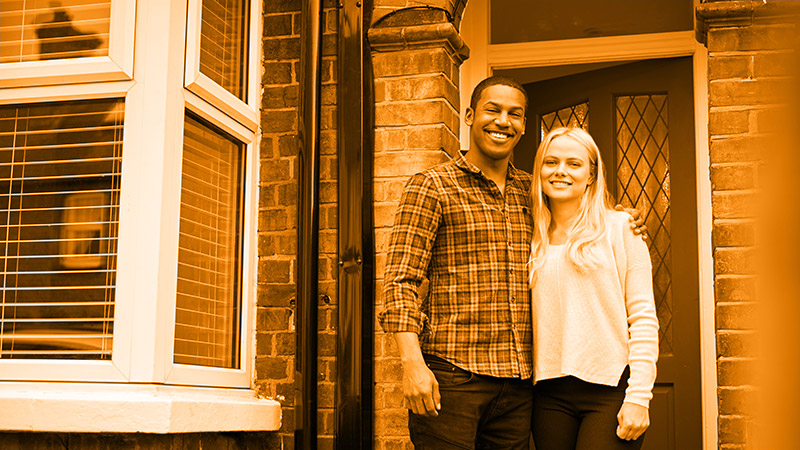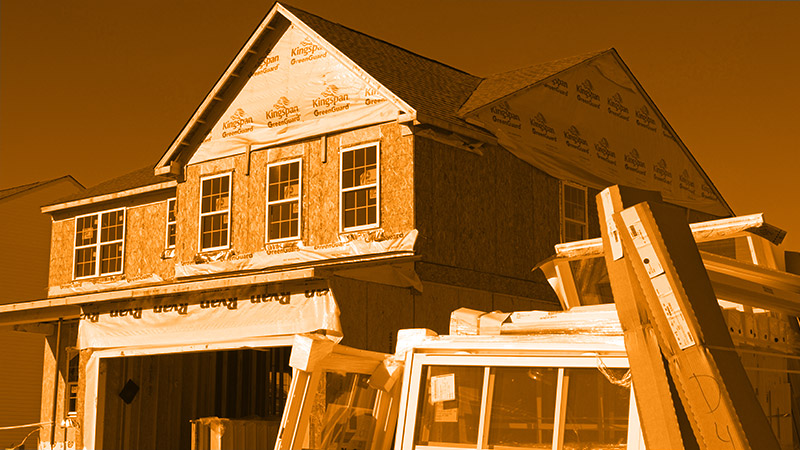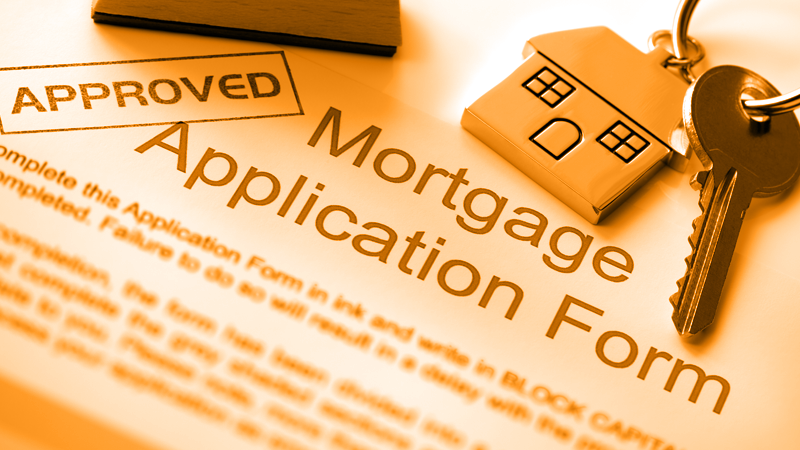Mortgage applications can take a lot of time and energy, so the last thing you want is to get turned down.
Mortgage providers have become stricter with their lending requirements, and you may face one or more stumbling blocks that can impact your chances of getting approved.
Each lender has different criteria you need to meet, so it’s worth knowing what might stand in your way when looking for home financing.
This guide explores some of the factors that can hinder your success when applying for a mortgage in the UK and offers tips on how to overcome them.
A Low or Small Deposit
Saving enough deposit can be a big hurdle for many prospective home buyers. The deposit is relevant for your loan to value (LTV), and lenders require you to have a minimum deposit amount.
You may need to have at least 10% of the property’s purchase price to get approved by most lenders, and even more, if you want the best rates.
Some lenders can accept 5% deposits if you tick the right boxes. There are various options you can consider if you have no deposit whatsoever. These include:
- A gifted deposit – Some lenders can accept gifted deposits if you have a family member or friend willing to help. The gift can’t be a loan, and you must provide proof of source.
- Using a government scheme – Schemes like Shared Ownership offer an affordable way to become a homeowner. It allows you to buy a share of a house using a mortgage and pay rent on the rest. The deposit is considered as a portion of the share you’re buying, so a small amount should be enough.
Affordability
Affordability is a common reason that can stop you from getting a mortgage. All lenders carry out affordability checks and can decline your application if they feel you can’t comfortably keep up with mortgage repayments. One fundamental way they assess affordability is by applying income multiples to your income or earnings.
Most lenders cap their lending at 4.5 times your income, while some can stretch it to 5 or 6 times in the right circumstances. Lenders will stress test such multiples and consider other factors like the cost of living when determining your affordability.
Strategies you can use to improve affordability include:
- Increasing your income – Many lenders can accept additional forms of income so you can take on side hustles or second jobs and include overtime payments in your application.
- Incorporate a guarantor – A guarantor mortgage can help you purchase a home if your financial circumstances don’t meet the lender’s requirements. It involves incorporating a family member who guarantees to step in and make repayments when you can’t.
- Consider a cheaper house – The property you’re considering may be too expensive and may require a higher loan amount, so you may want to consider lowering your horizons and going for a more affordable property.
- Reducing your debts and spending – Your debts and spending habits can increase your financial obligations and stop you from getting a mortgage due to a high debt-to-income ratio. Consider paying off your debts and reducing your monthly outgoings before applying to improve your prospects.
Bad Credit
Less-than-perfect credit can stop you from getting a mortgage, especially if the credit issue is recent and severe, such as bankruptcy or repossession.
Lenders usually consider the reason, severity, and age of your credit issues when assessing your creditworthiness to ensure you have a good track record of paying back what you borrow.
Some are lenient and flexible, while others will automatically turn you away if they consider you too much of a risk based on your credit profile. Actions you can take to help you get a mortgage if you have bad credit include:
- Correcting your credit report – Check your credit report for any inaccuracies or outdated information. Errors can impact your rating, so ensure the information is correct and up to date to strengthen your chances of approval.
- Applying through a specialist – Some brokers specialise in connecting bad credit borrowers to lenders who consider all kinds of credit scores. They can offer their experience and knowledge and significantly improve your chances of getting a good deal even with bad credit.
Property Issues
Trying to buy a property with issues or one that’s unusual can stop you from getting a mortgage. Most lenders will be wary of issues like non-standard construction or properties situated in an area with a high risk of flooding.
Some lenders can consider properties made from bricks and mortar as unmortgageable, making it a deal breaker when you need financing.
Actions you can consider to improve your chances of success include:
- Approaching a specialist – Some mortgage lenders specialise in properties with non-standard construction or those that need some work. Such lenders have experience offering mortgages for unusual build types and can be more welcoming than high-street lenders.
- A larger deposit – Lenders may require higher deposits for non-standard property mortgages, such as 25% as a minimum. Save as much deposit as you can to improve your chances.
Failing to Prove Your Income
Being unable to prove your income can stop you from getting a mortgage. This usually affects self-employed borrowers and contractors who don’t have payslips to prove their employment and how much they make. Lenders want to ensure you have a job and income before they can let you borrow.
Things you can do to improve your chances include:
- Providing bank statements – You can show lenders three or six months of bank statements to help verify your income.
- Providing your SA302 tax overview – You can use your latest SA302 tax overview to prove your income. Some lenders may want these to cover up to three years, while others can consider 12 months or less.
Final Thoughts
Different issues can affect your chances of getting a mortgage, depending on your circumstances.
Ensure you consult an independent, experienced mortgage broker if you’re concerned about problems that can affect your mortgage application to get bespoke advice that can help you get a successful outcome.
Call us today on 01925 906 210 or contact us to speak to one of our friendly advisors.

















